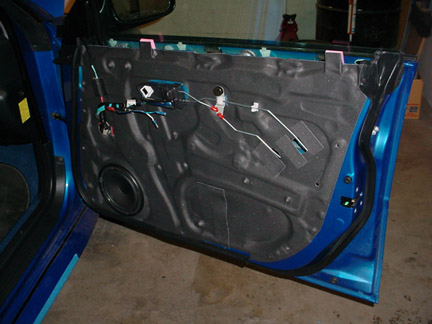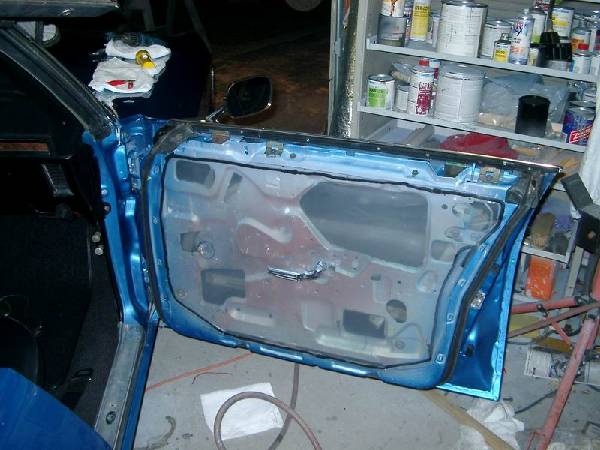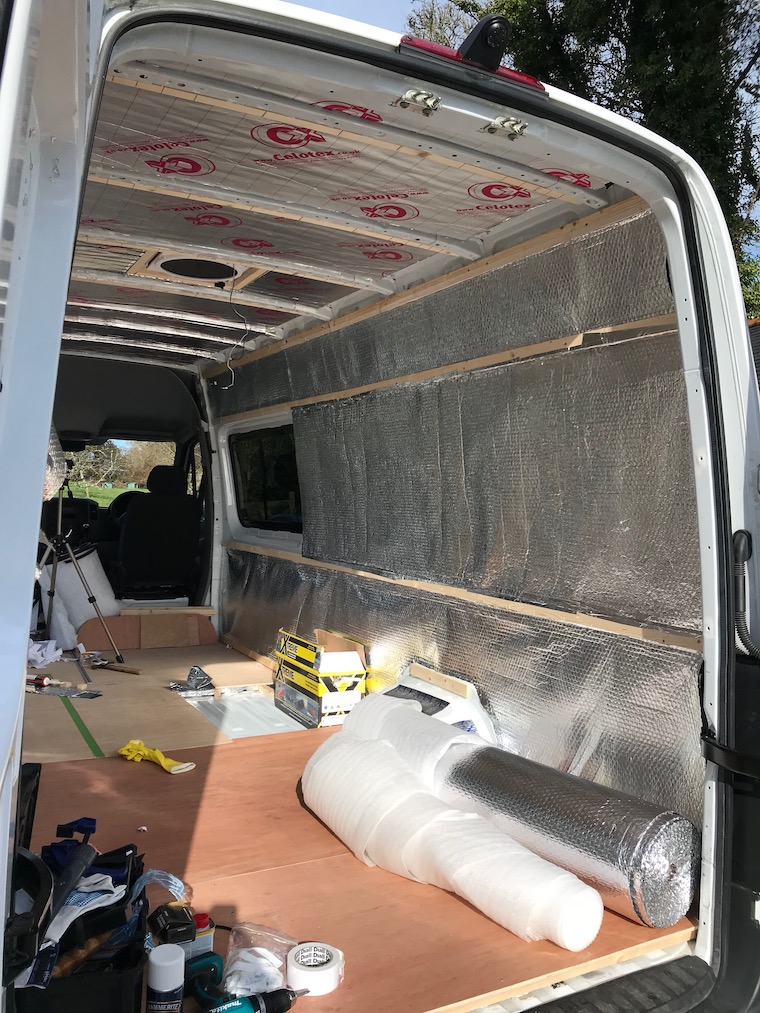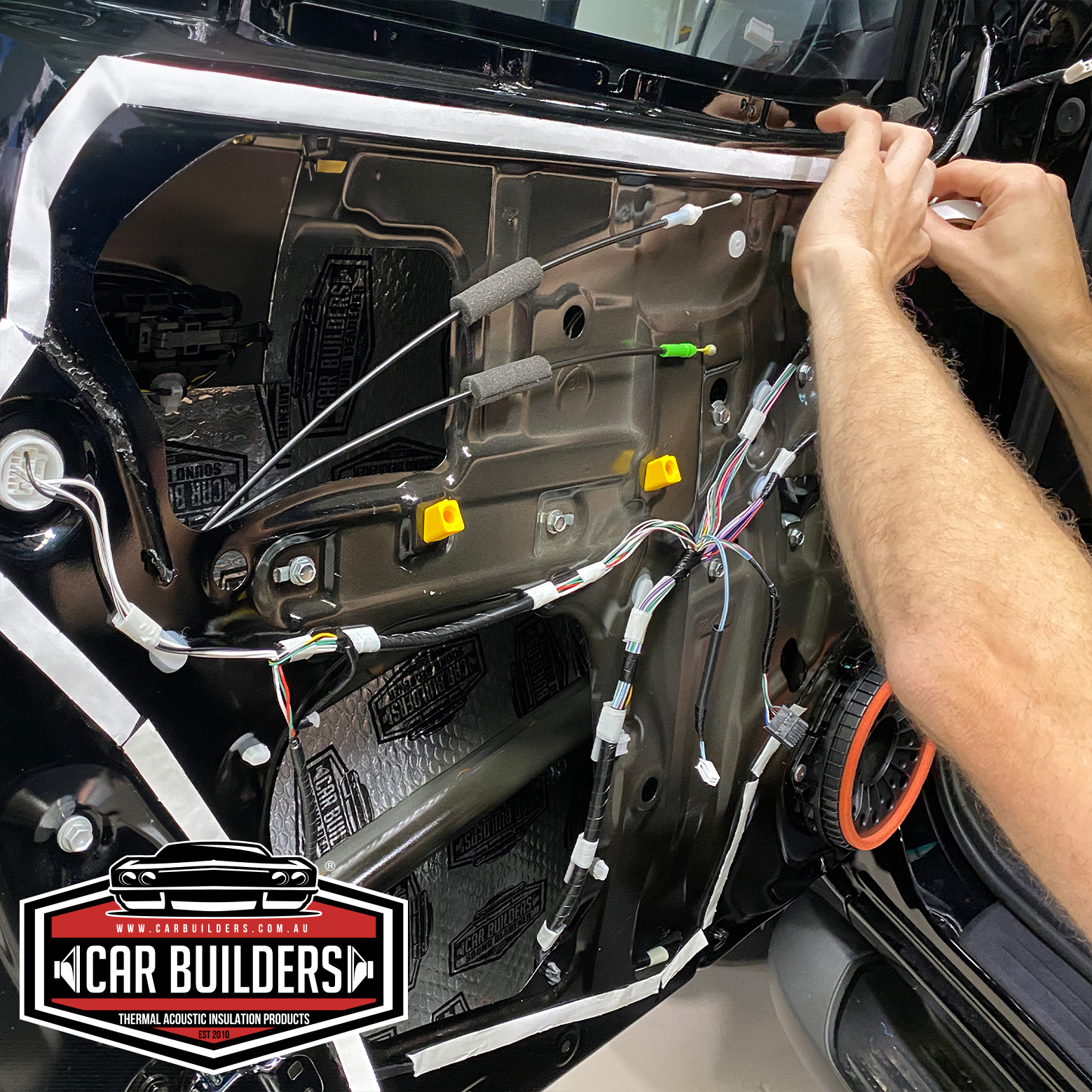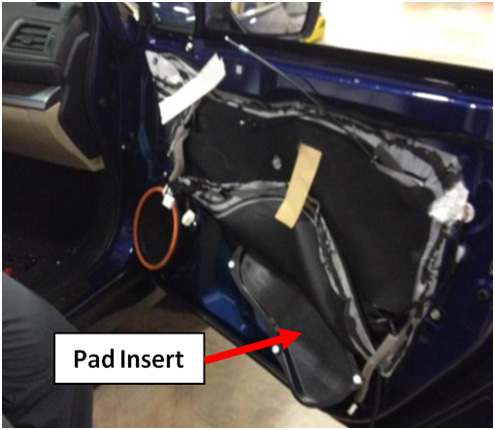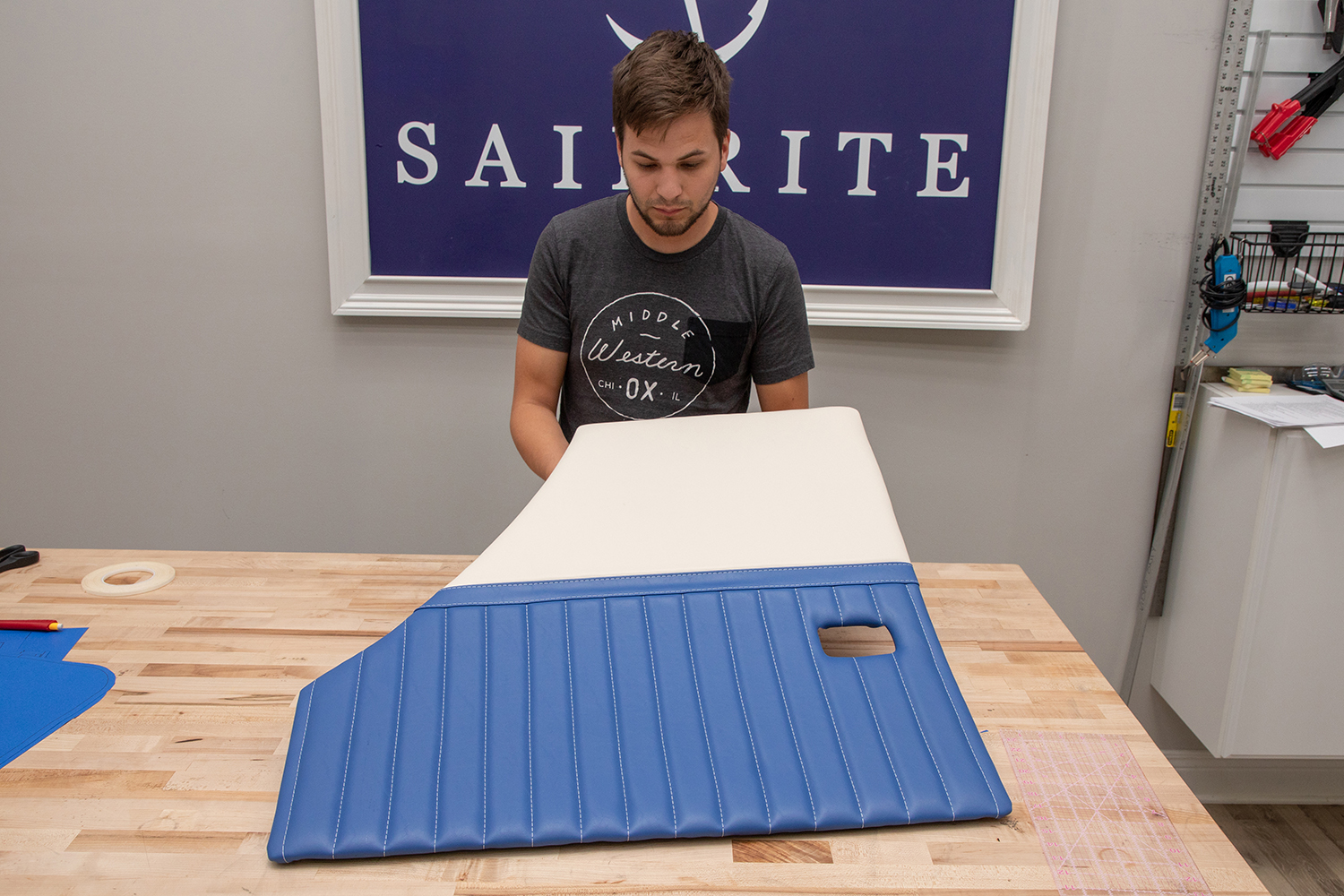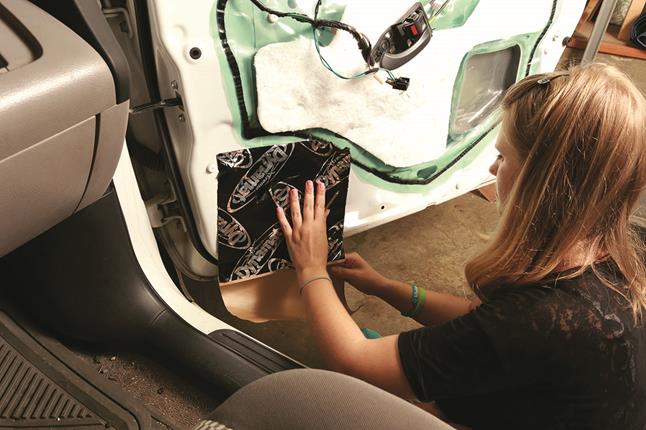Car Door Vapor Barrier Material

Thickness cf1020 polyethylene plastic best for overspray shield vapor barrier at construction or home projects 4 8 out of 5 stars 51 175 57 175.
Car door vapor barrier material. 12 foot roll universal fit provides water vapor protection this is a universal fit paper shield with a black plasticized film on one side. Rips all the old plastic off. The science of moisture movement. Allows for some re positioning if needed and held the barrier nicely.
I just re upholstered my door panels and replaced the vapor barrier as well i also used the 3m spray adhesive and it worked fine. Reinforced polyethylene plastic sheeting poly comes in a variety of thicknesses and strengths. There are 5 plastic mounts that should be removed use a punch and hammer to tap the center pins out of them don t loose those pins then you can pull them right out. The vapor barrier keeps the odd drip from the window from splashing on the window mechanism and wetting the speakers and other electronics in the door panel but if you are getting enough water to wet the carpet there must be a blocked drain hole.
It is installed between the door panel and the door. You are correct art1966. Once the door panel is out of the way you can remove the interior door handle push it towards the lacth like you did the trim cover for it. Mike 04 10 2013 03 25 am pelican parts.
If left unchecked this moisture will work its. However those savings may likely be lost in the long run if someone walks or crawls on the poly causing. Slight amounts of moisture will inevitably seep in around your door and window seals. 645 470 door panel moisture barrier protect your interior door panels with our precut easily installed moisture barriers.
It provides a degree of water protection to your inner door and is designed as a vapor barrier. Thus installing vapor barriers on wall surfaces must. Water vapor can pass through building materials in several ways including direct transmission and by heat transfer but studies suggest that fully 98 percent of the moisture transfer through walls occurs through air gaps including cracks around electrical fixtures and outlets and gaps along baseboards.






